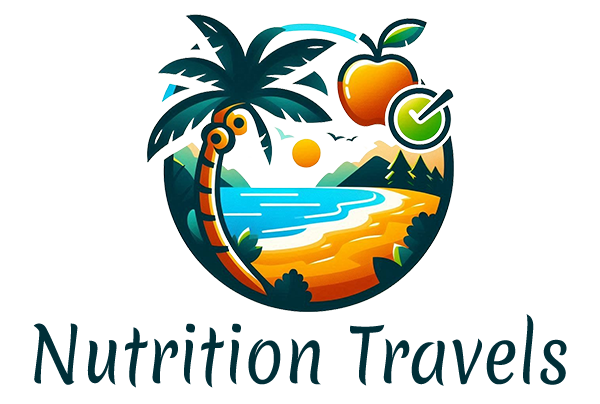Many families are turning to medicinal and nutritional herbs as part of their children’s diet—whether for disease prevention, boosting immunity, or relieving mild symptoms such as colic and cold. But the key question remains: Is herbal nutrition safe and effective for children? Does it truly offer benefits, or could it lead to unexpected harm?
In this article, we will take an in-depth look at the benefits of herbal nutrition for children, safe herbs, precautions, and the most common potential risks—along with essential tips for parents who want to incorporate herbs into their child’s lifestyle in a safe and healthy way.
What Is Herbal Nutrition for Children?
Herbal nutrition refers to the inclusion of certain natural herbs or their extracts in a child’s diet—whether as herbal teas, spices, natural oils, or additives in food and drinks. The purpose of using herbs may vary: some aim for therapeutic goals, others for growth and immune support, or even for preventive health purposes.

Benefits of Herbal Nutrition for Children:
Although children have sensitive immune and digestive systems, some natural herbs have proven to be effective and beneficial when used moderately and carefully.
1- Boosting Immunity:
Certain herbs such as ginger, turmeric, and anise contain powerful antioxidants and antiviral compounds, which may help strengthen a child’s immune system against colds and infections.
2- Improving Digestion:
Mint and chamomile are popular herbs traditionally used to relieve stomach cramps and colic, as well as calm the digestive system.
3- Calming Nerves and Enhancing Sleep:
Herbs like chamomile help soothe nerves and improve sleep quality, especially in children who suffer from anxiety or hyperactivity.

4- Stimulating Appetite:
Some children struggle with poor appetite, and herbs like fennel or thyme can help improve their desire to eat.
Safe Herbs for Children:
1- Chamomile:
Chamomile is highly beneficial for children’s physical and emotional health. It helps calm nerves, improve sleep quality, and reduce inflammation.
2- Anise:
Anise plays a major role in boosting children’s immunity and relieving colic and bloating, thanks to its calming properties on the digestive system.
To enhance its nutritional value, it is recommended to add anise to milk.
3- Fennel:
Fennel helps mothers relieve their children’s digestive issues like bloating, as it is one of the herbs that support digestive health.
4- Mint:
Mint soothes the stomach and helps expel gas, but it’s important to avoid overuse to prevent potential health risks.

Harmful Herbs and Their Risks to Children:
1- Incorrect Dosage: Herbs are not like pharmaceutical drugs with precise dosing, making it easy to miscalculate quantities.
2- Drug Interactions: Some herbs interact with children’s medications and may reduce or increase their effect.
3- Allergic Reactions: Certain herbs can cause skin or respiratory allergies, such as rashes or breathing difficulties.
4- Organ Strain: Overuse of certain herbs can stress the liver and kidneys.
Harmful Herbs to Avoid:
Not all herbs are suitable for children. Some can be harmful, especially when used at the wrong age or in high concentrations:
1- Cinnamon in Large Quantities: Contains coumarin, a compound that can be toxic to the liver in high doses.

2- Fenugreek for Children Under Two Years Old: May cause respiratory issues and is generally not safe for infants.
3- High Concentration of Ginger: Although beneficial in small amounts, too much ginger may cause digestive discomfort in children.
Important Tips Before Using Herbs for Children:
1- Consult your pediatrician or a nutritionist before introducing any herb.

2- Start with very small amounts and observe for any unusual reactions.
3- Avoid mixing several herbs together, especially for children under 3 years.
4- Do not use herbs as a replacement for medical treatment in serious health conditions.
5- Be cautious with prepackaged herbal products, especially those sold online without a verified source.
In conclusion, herbal nutrition for children can be beneficial in certain cases, but it is truly a double-edged sword. While herbs offer natural health advantages, they can become harmful if misused. Balance, moderation, and correct information are the key principles when introducing anything new to your child’s diet—especially herbs.
And because your child’s health deserves the best, at Nutrition Travels we provide you with accurate and trustworthy information about natural nutrition and safe herbs for children. Follow us and discover how to make natural nutrition part of your child’s lifestyle in a balanced and safe way.





